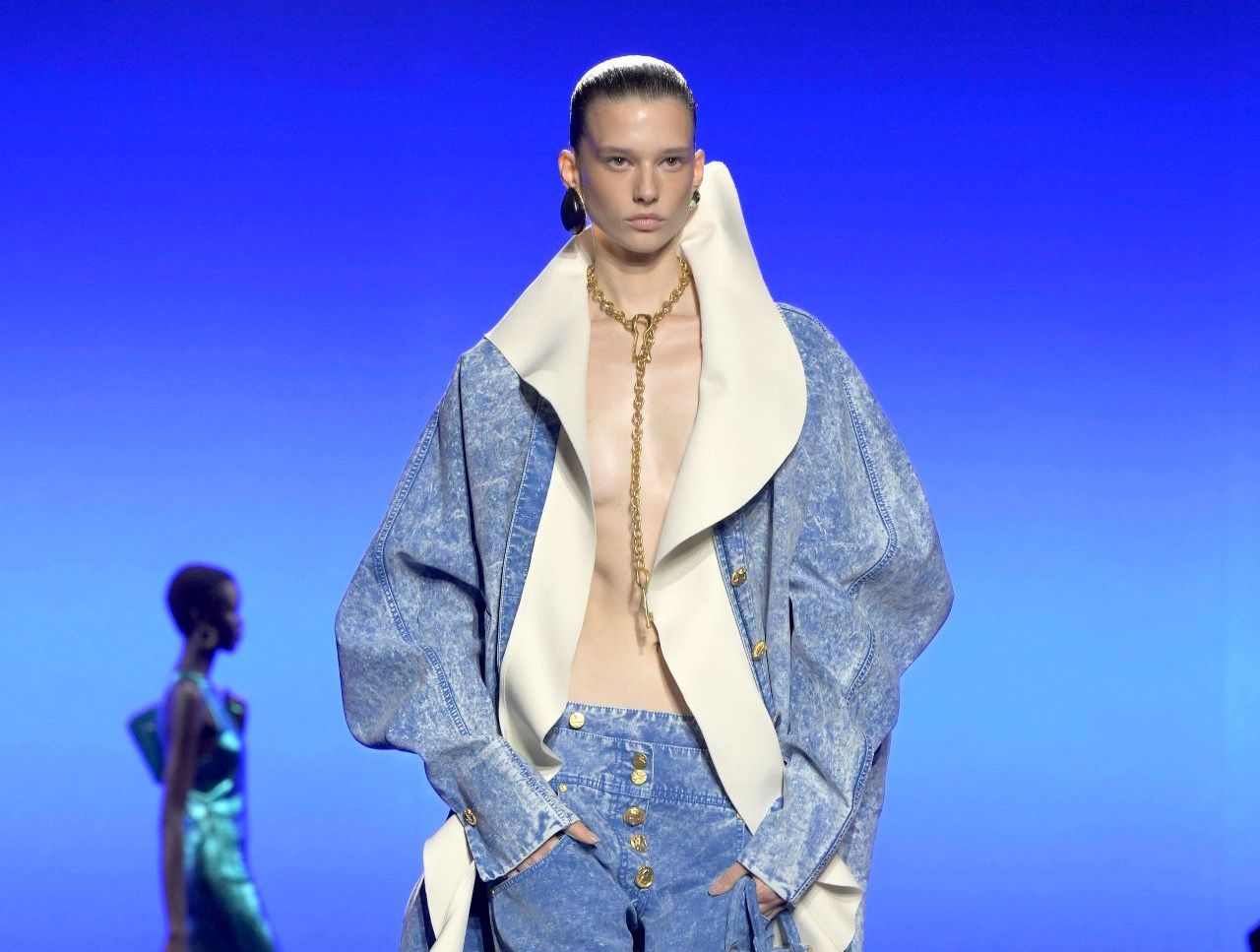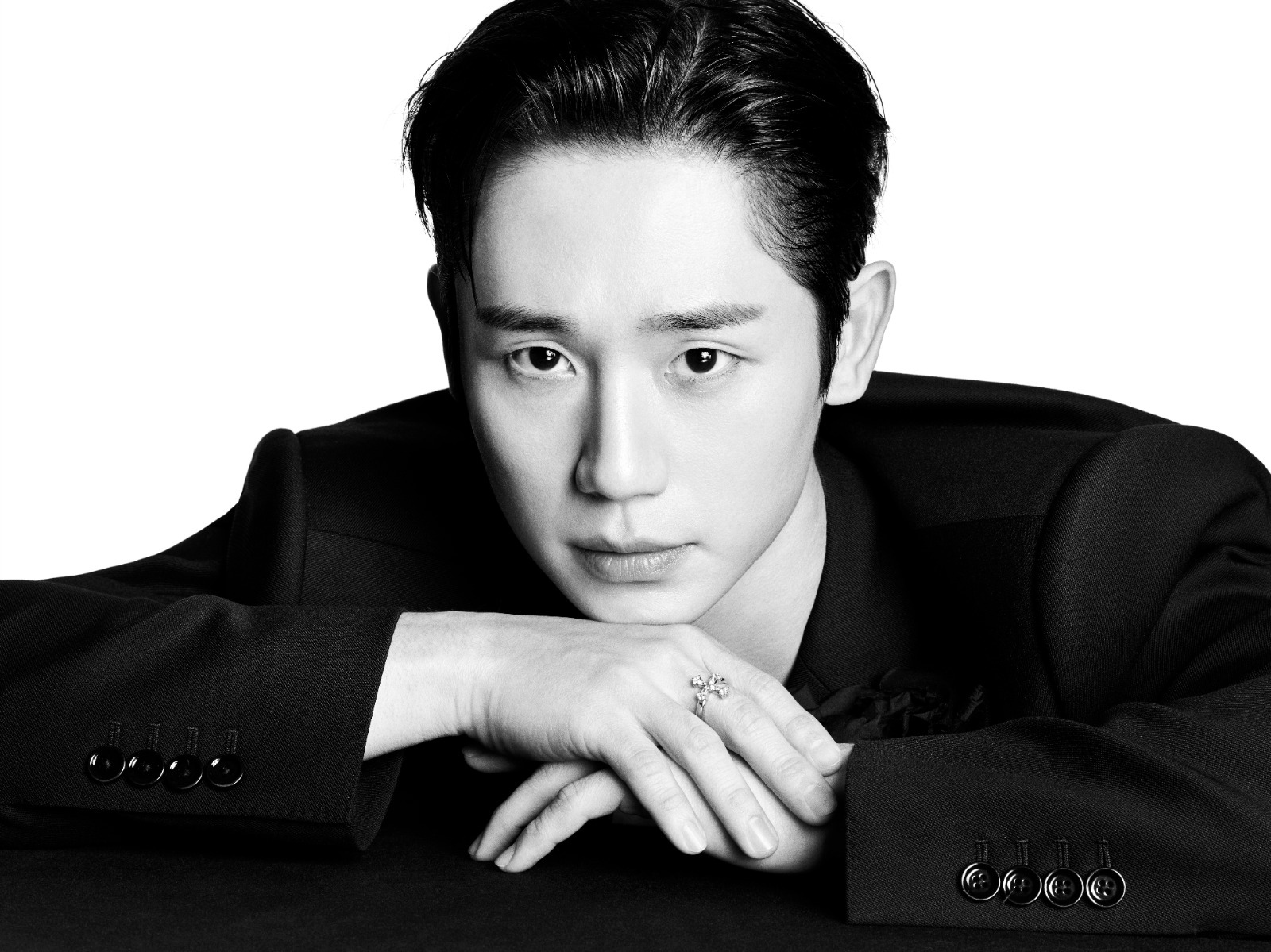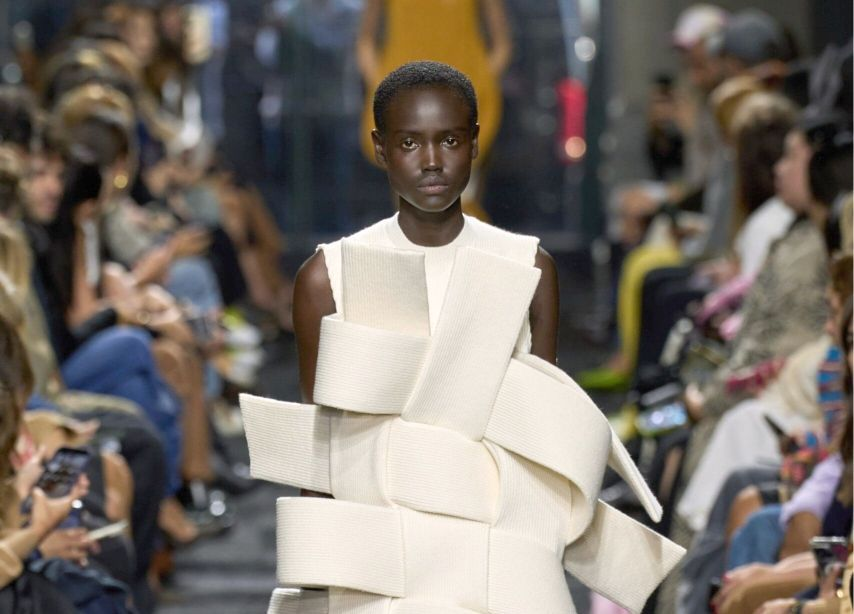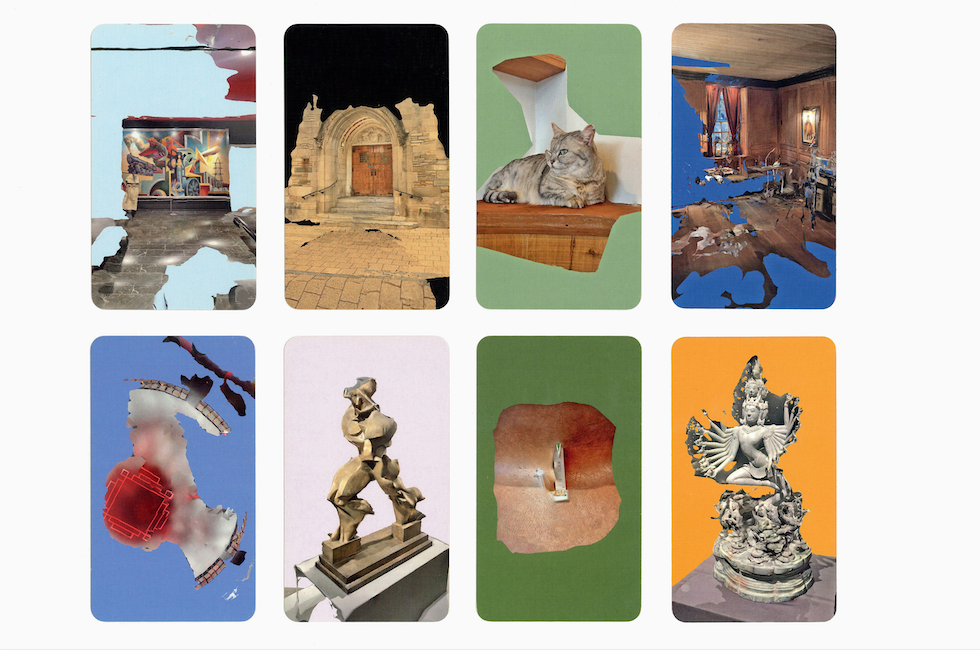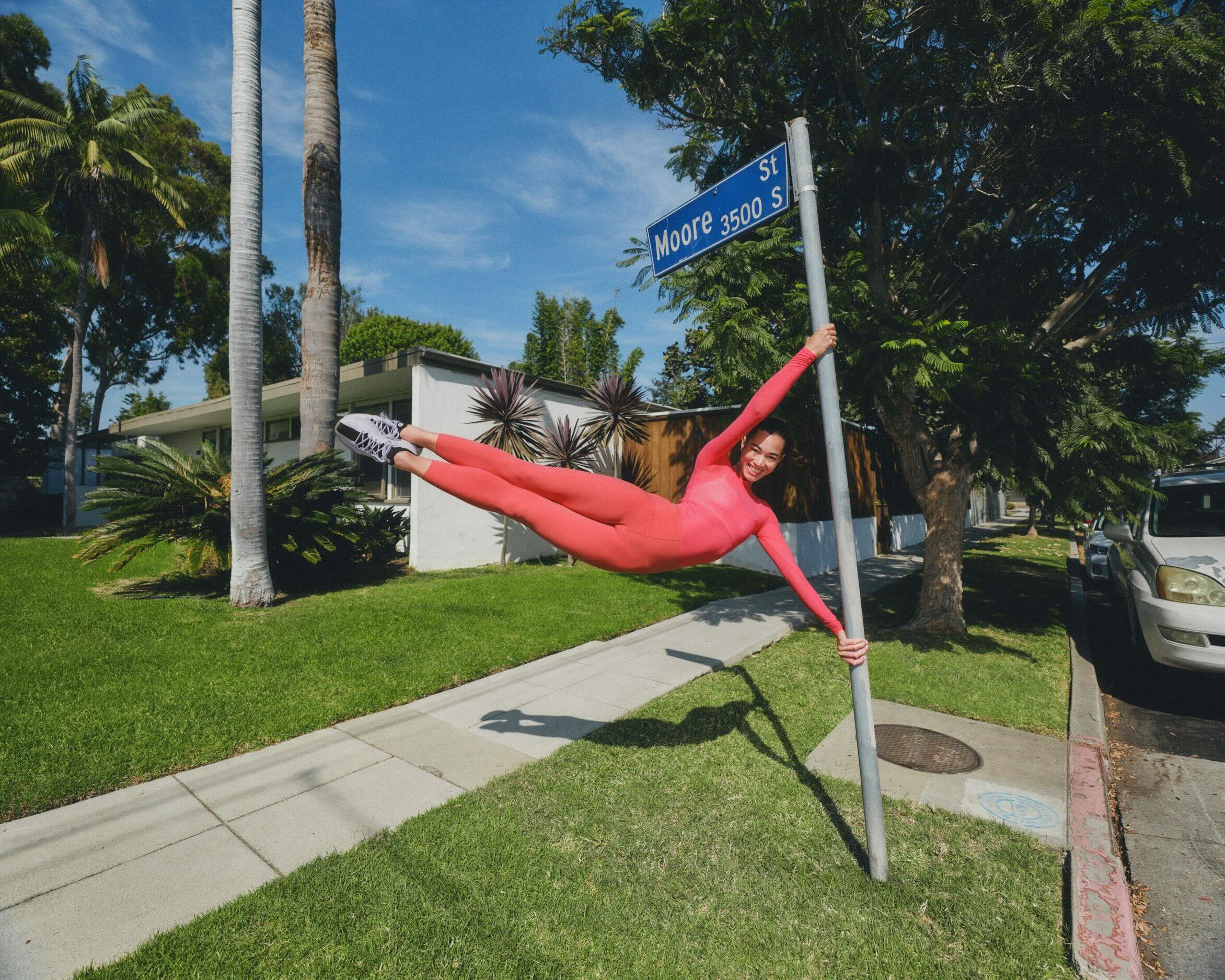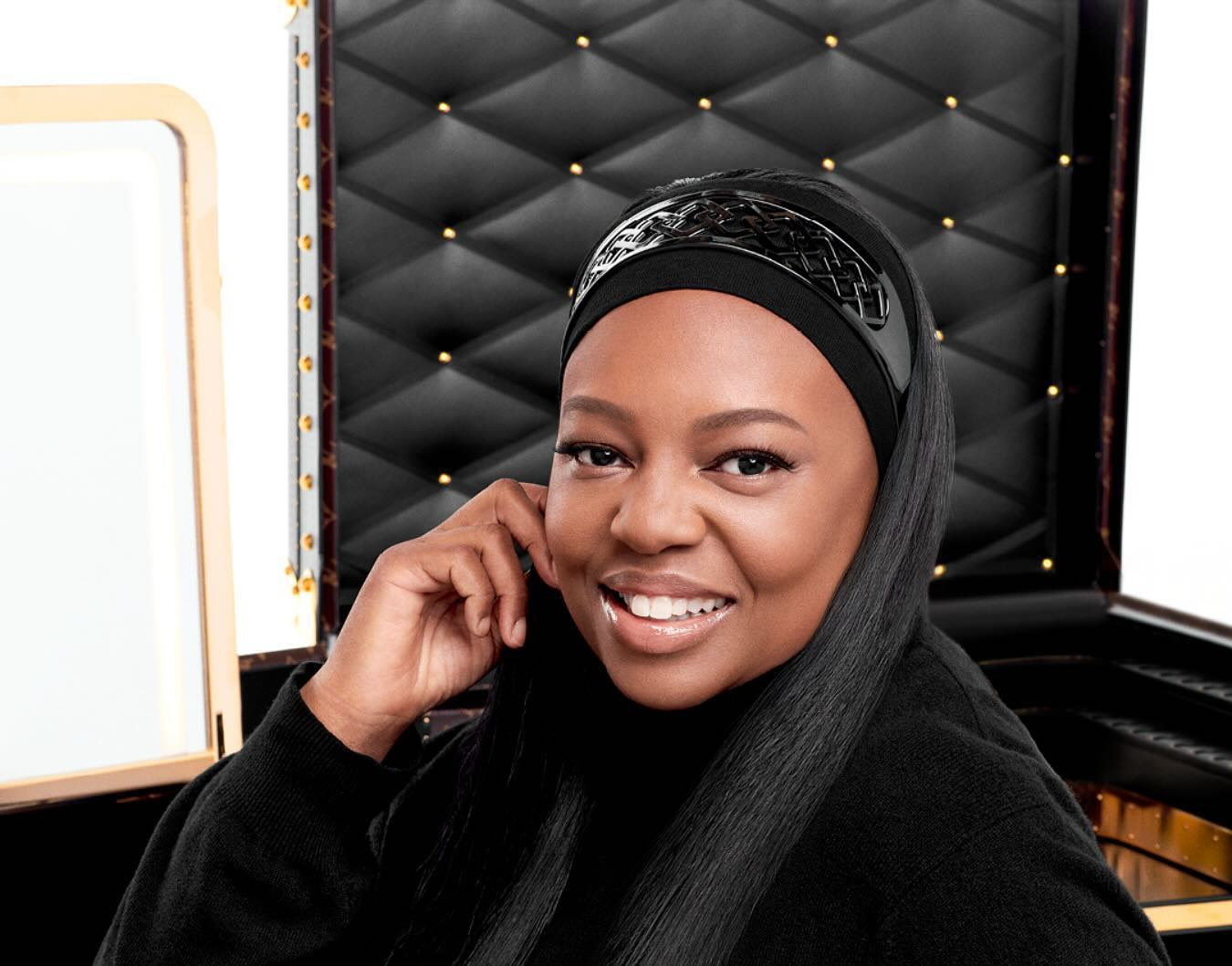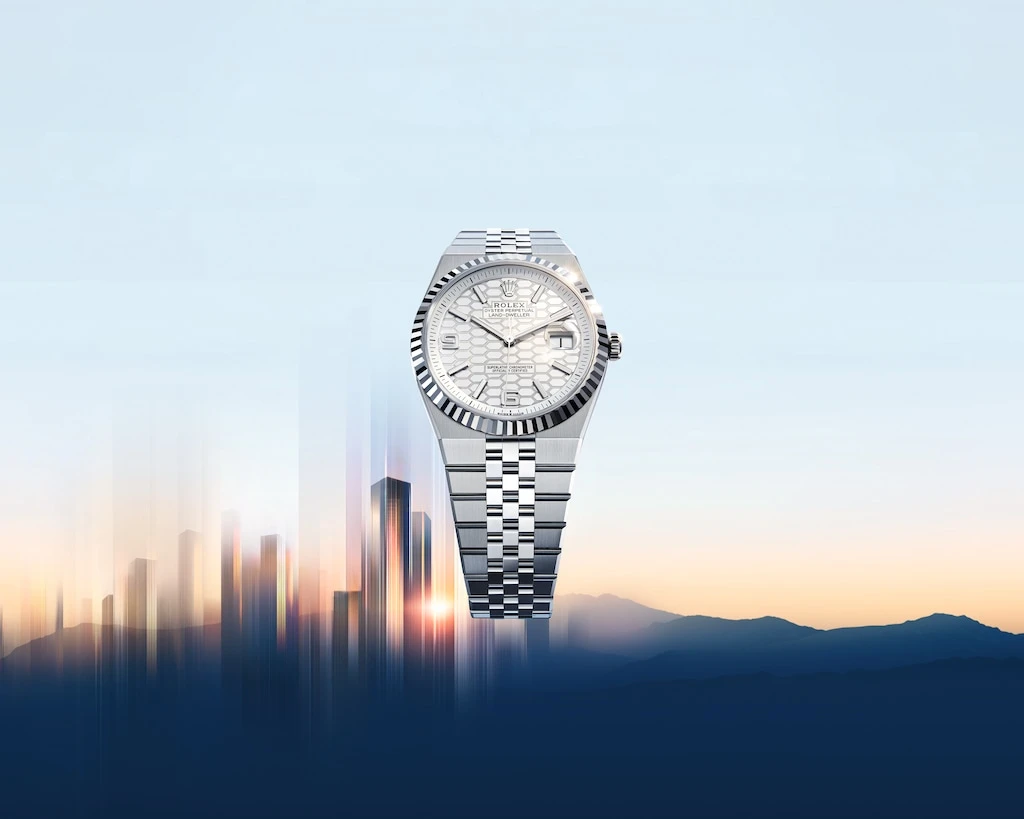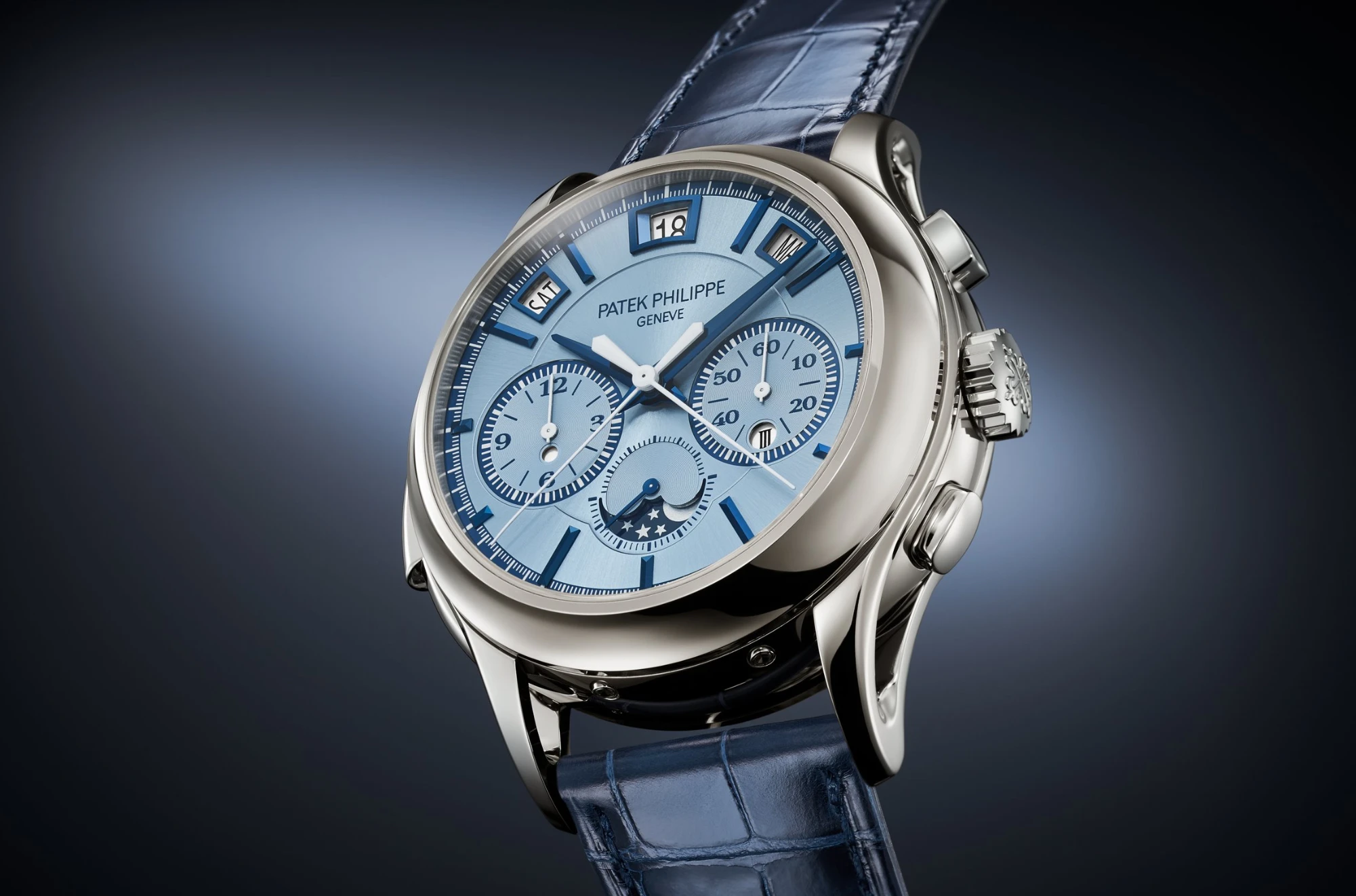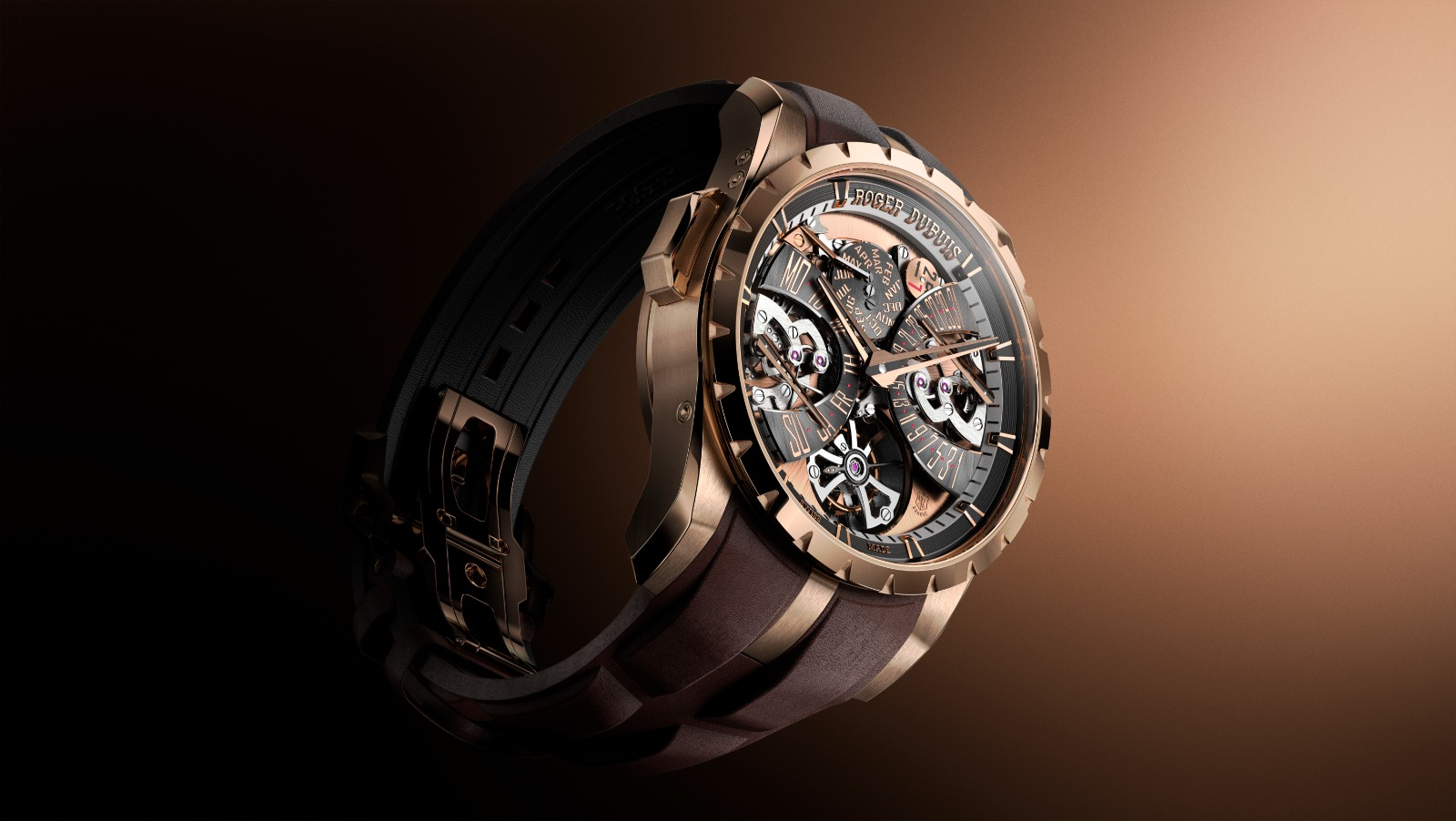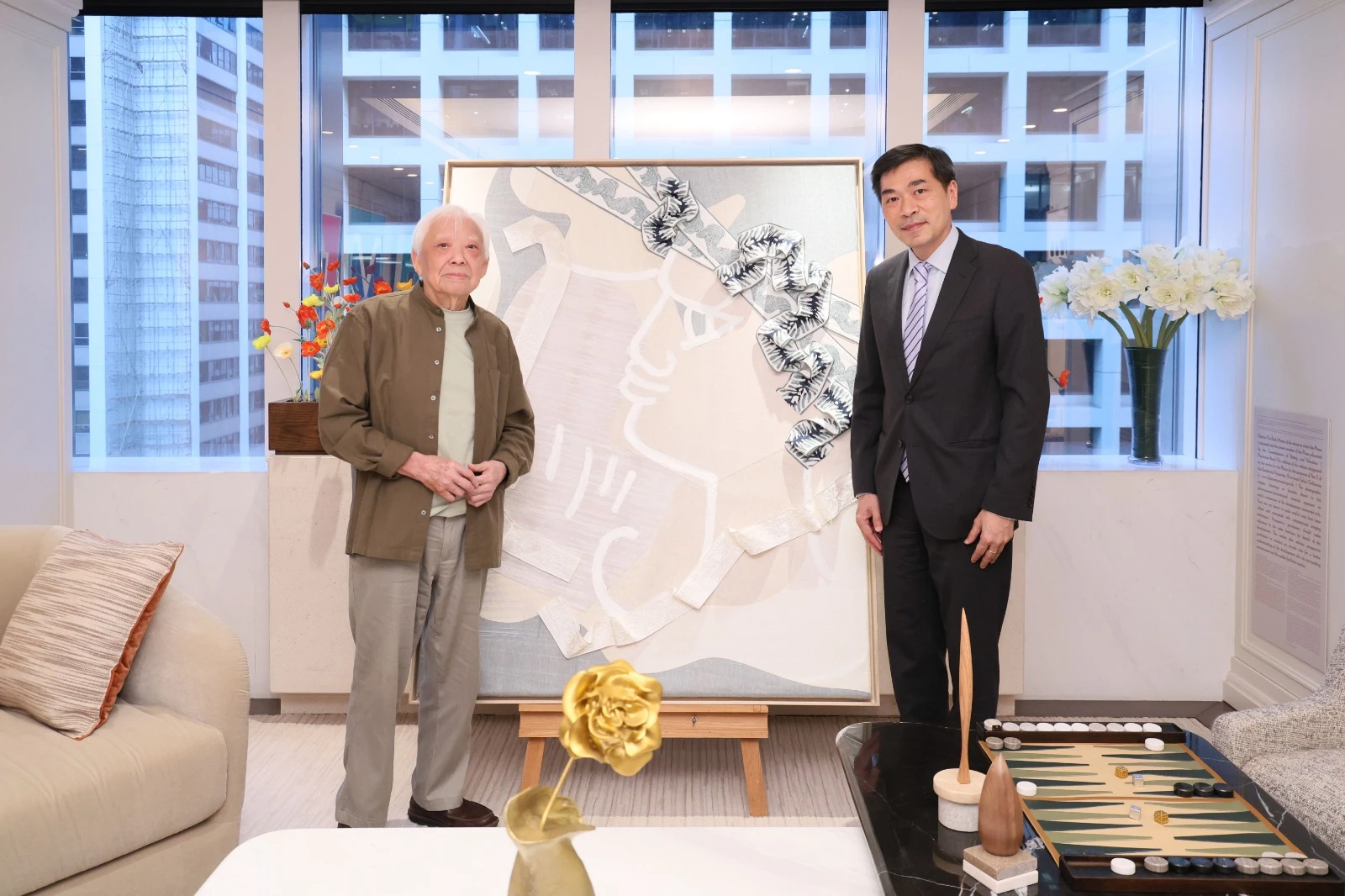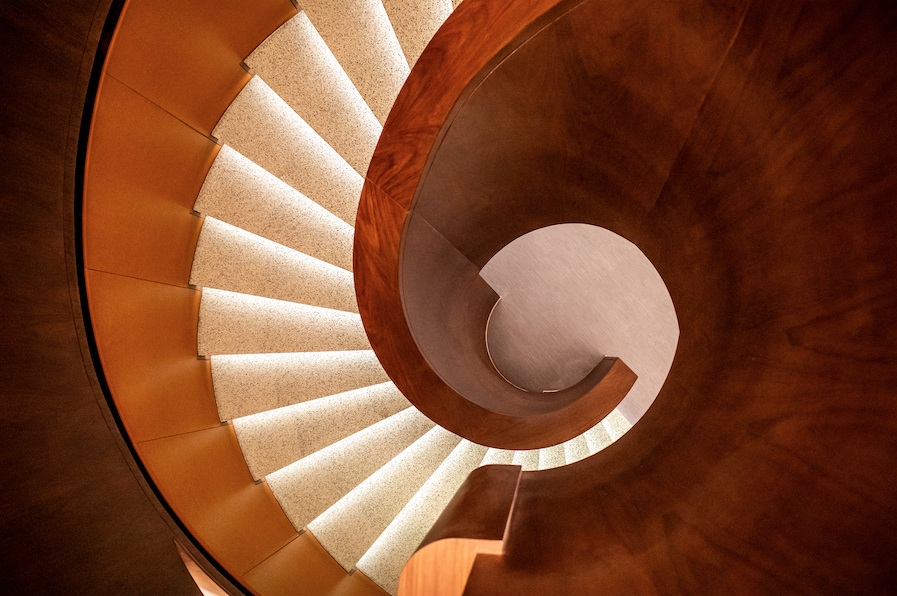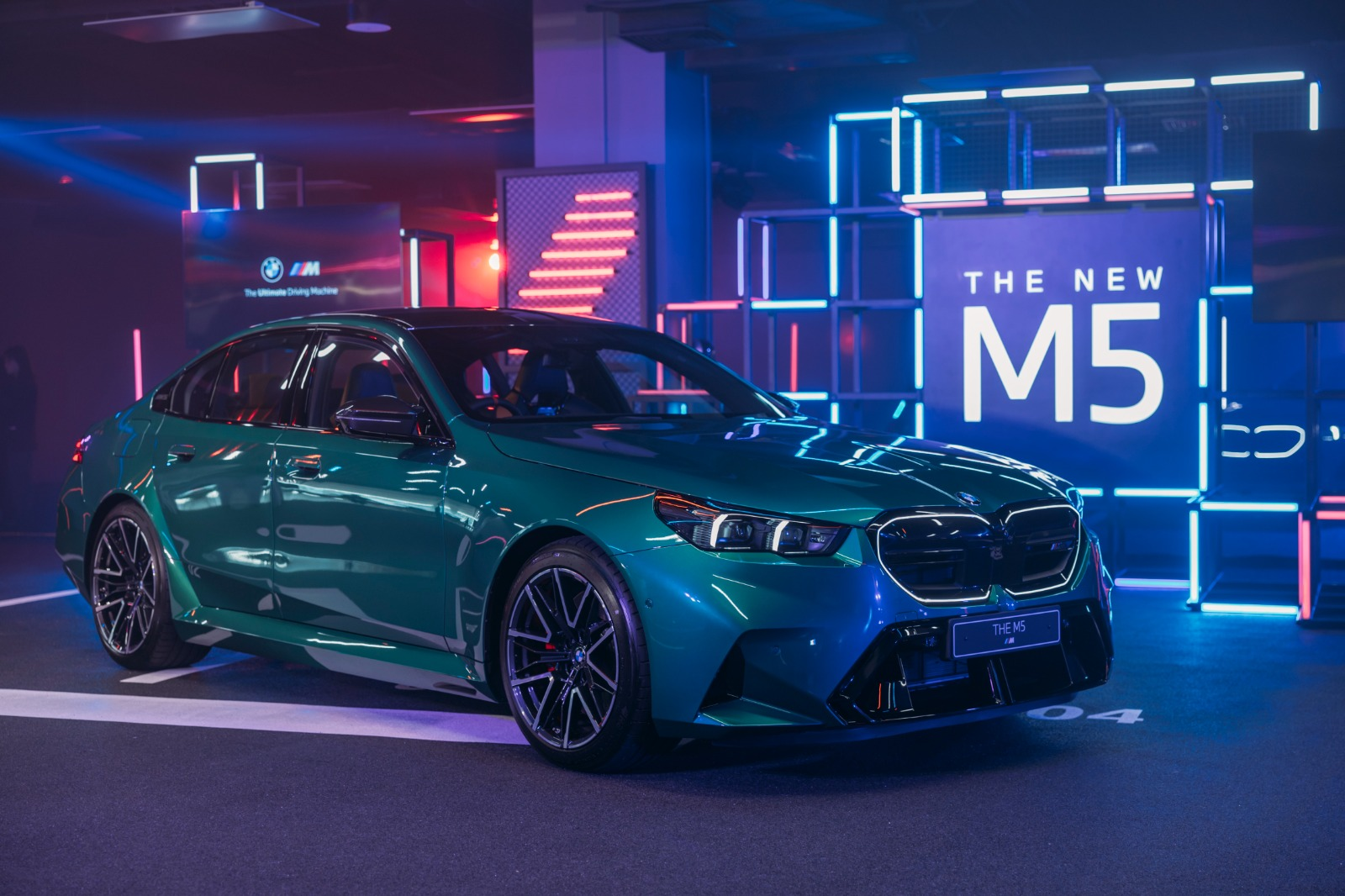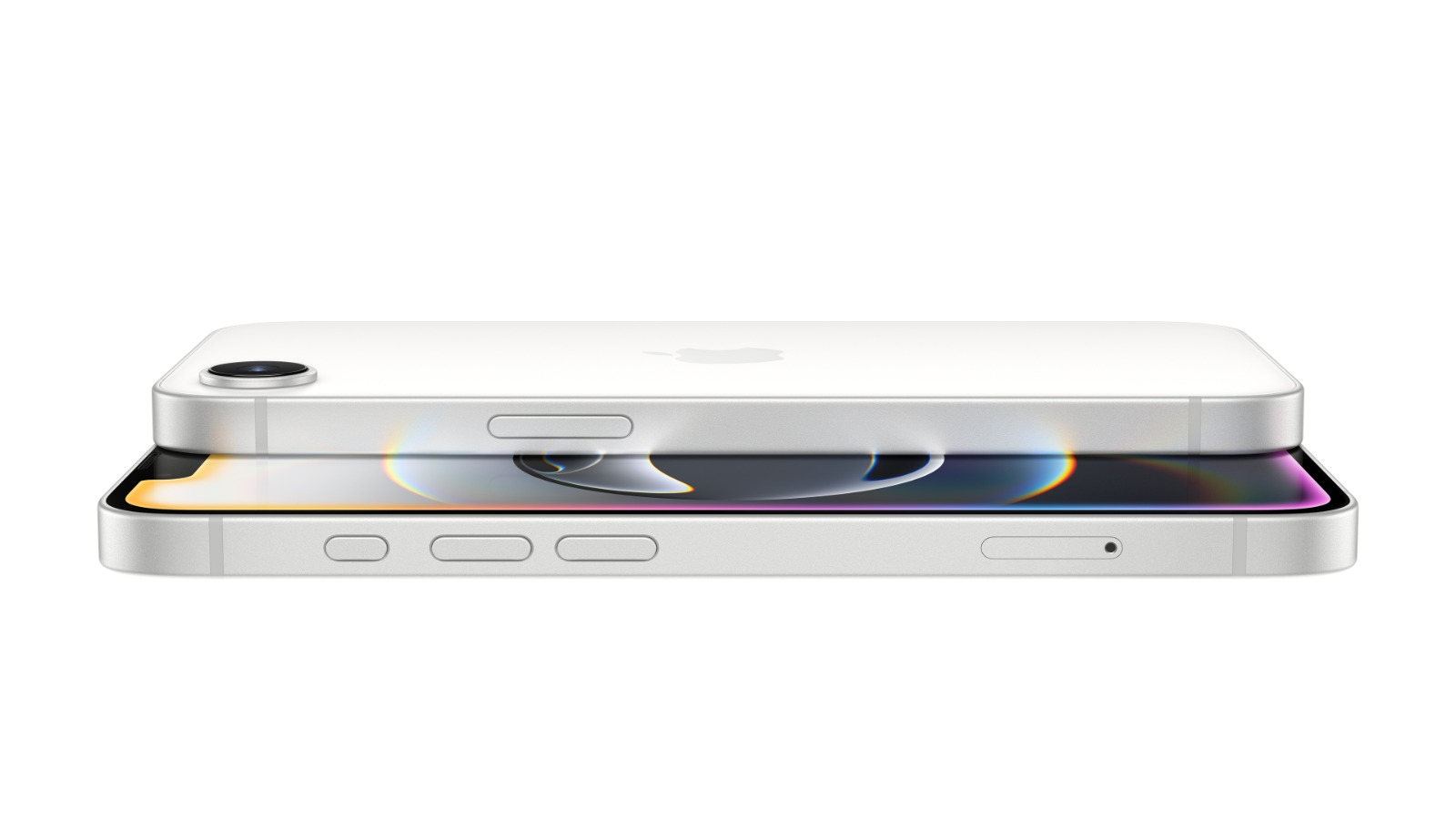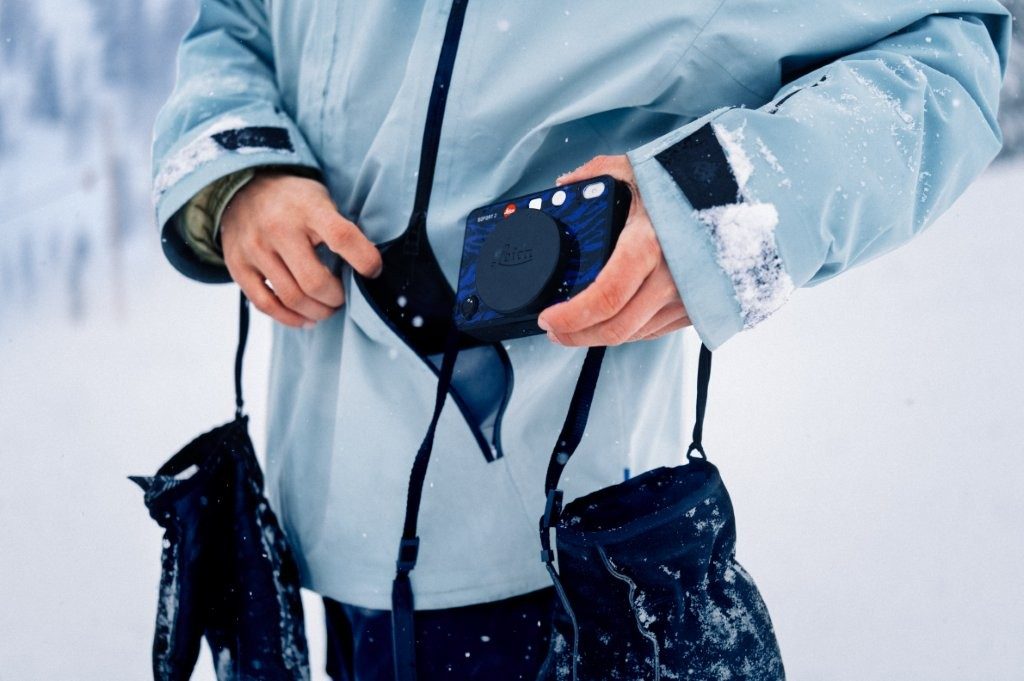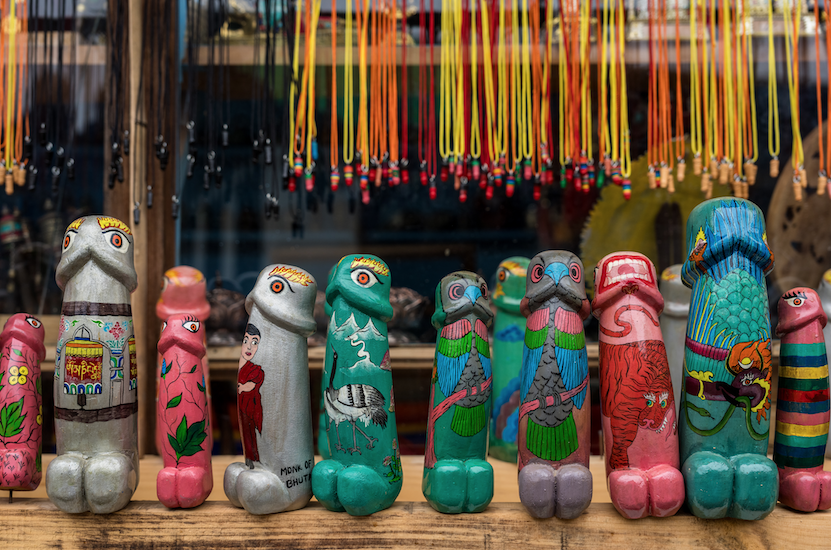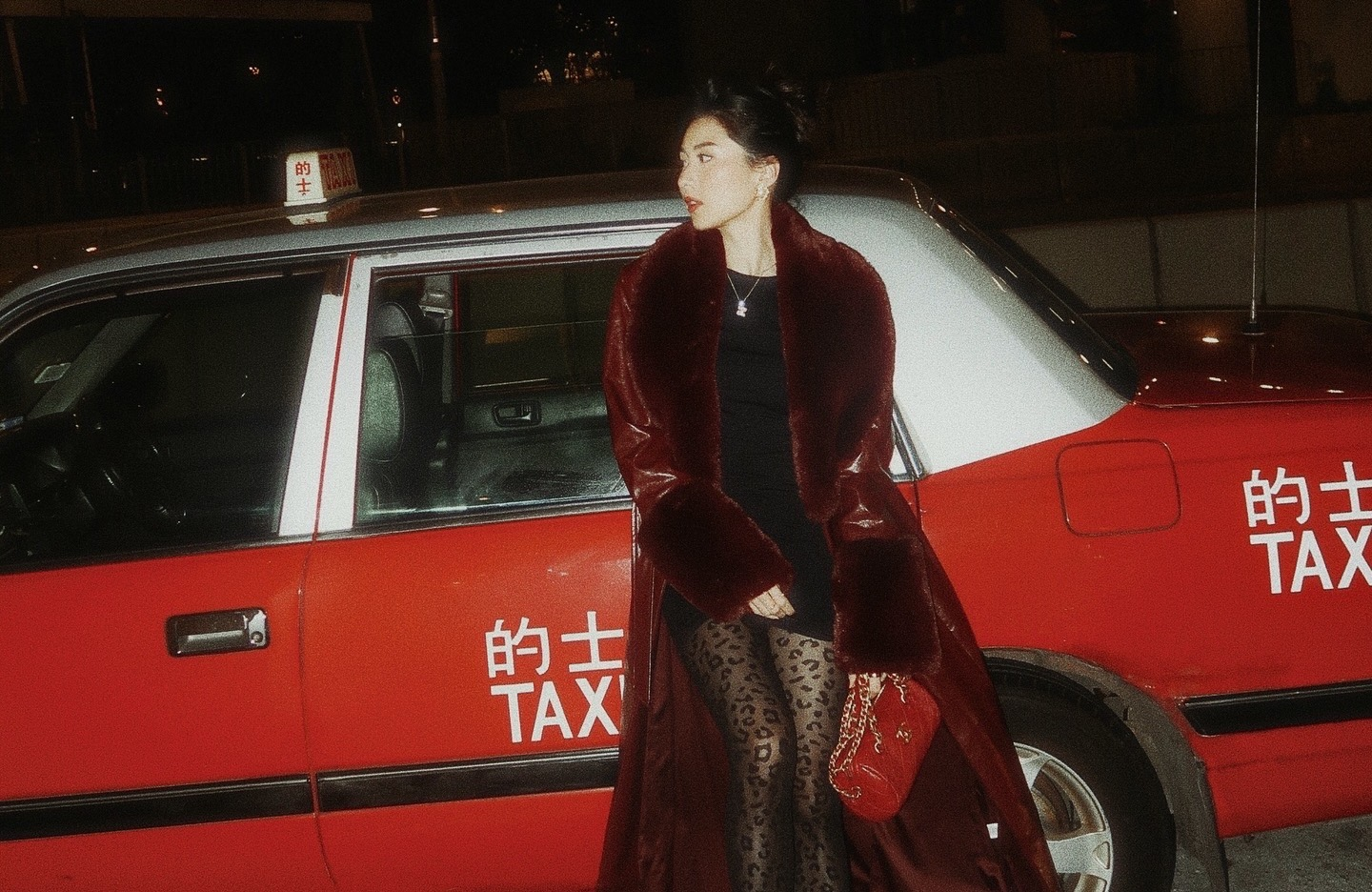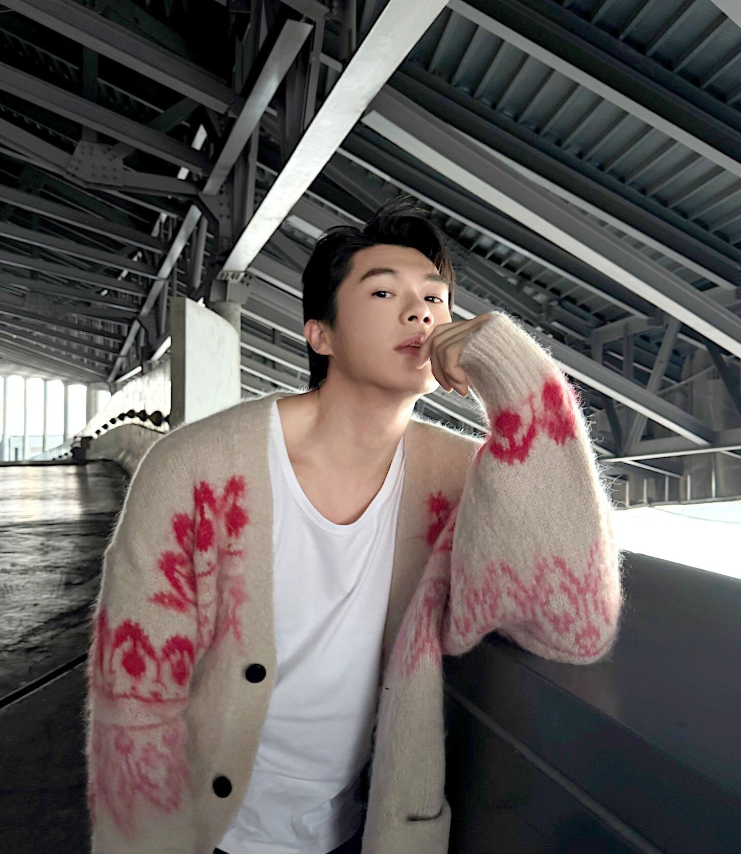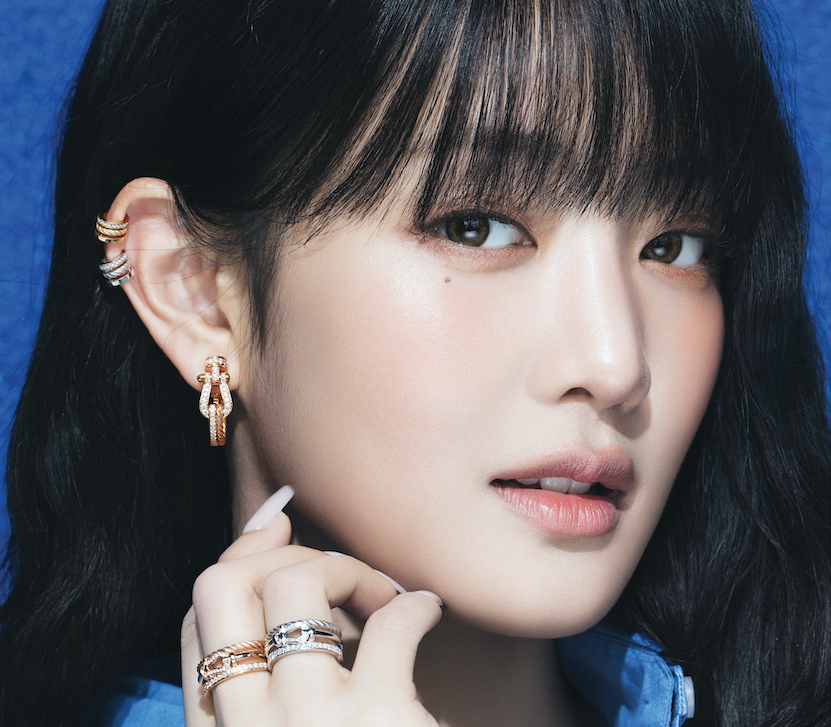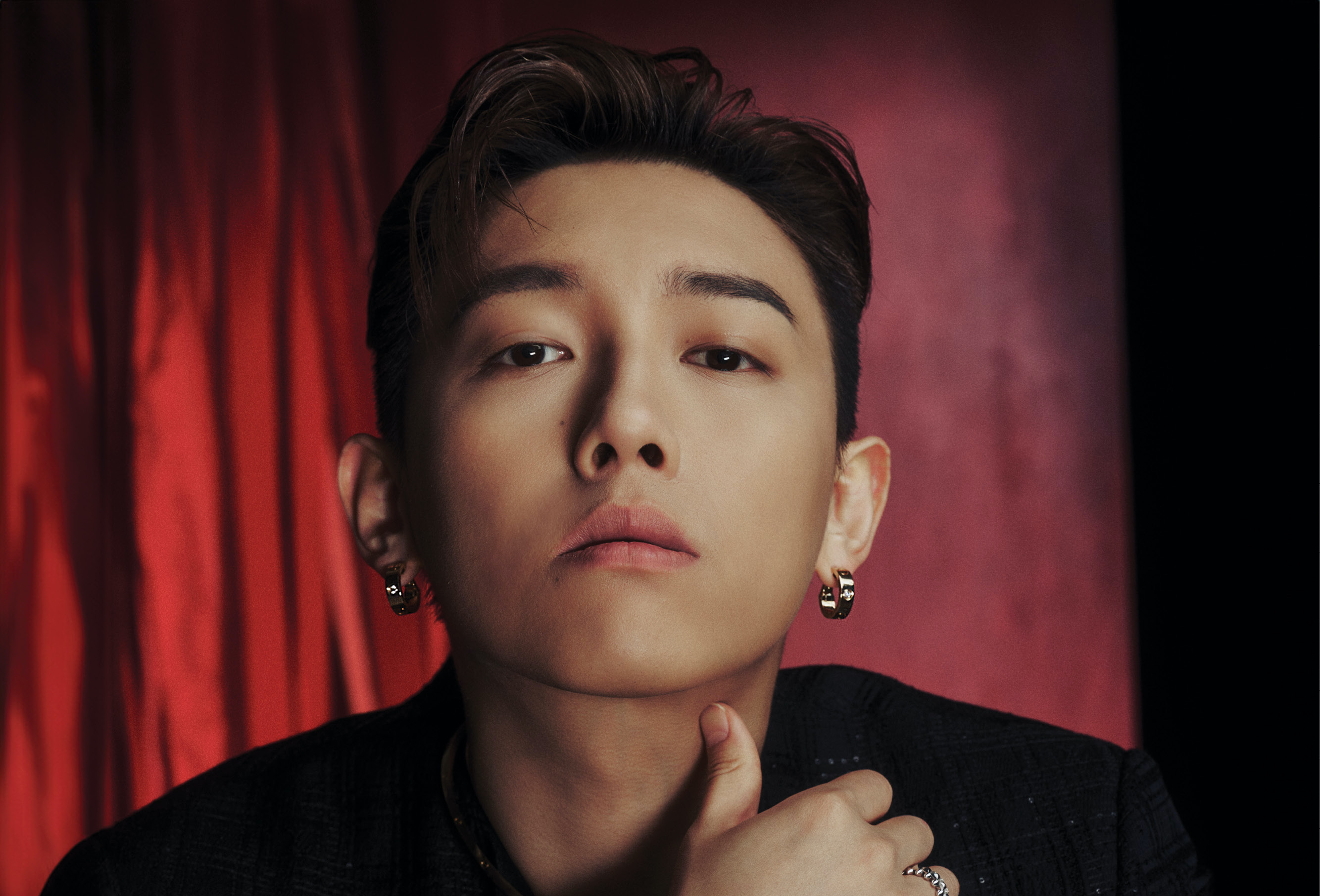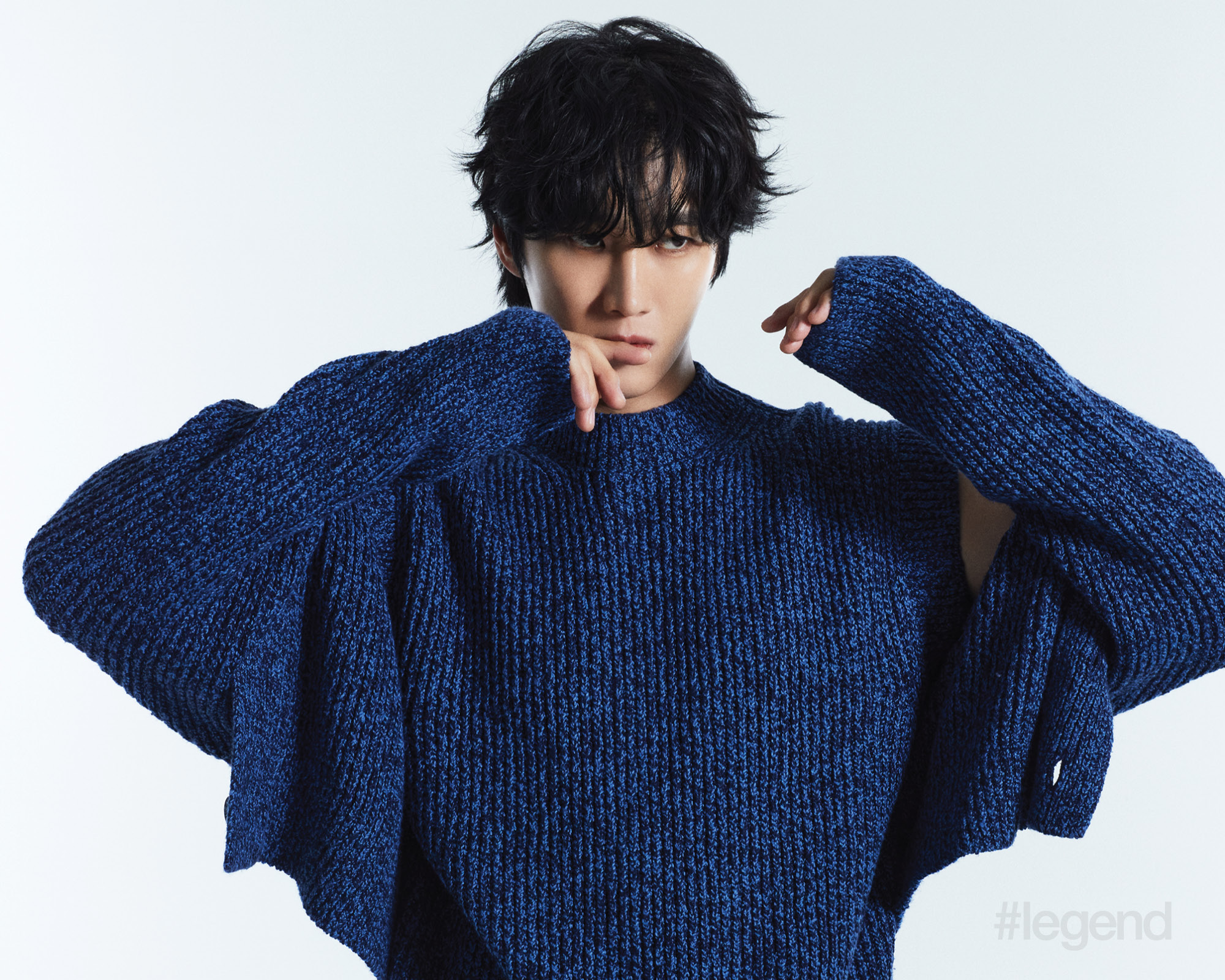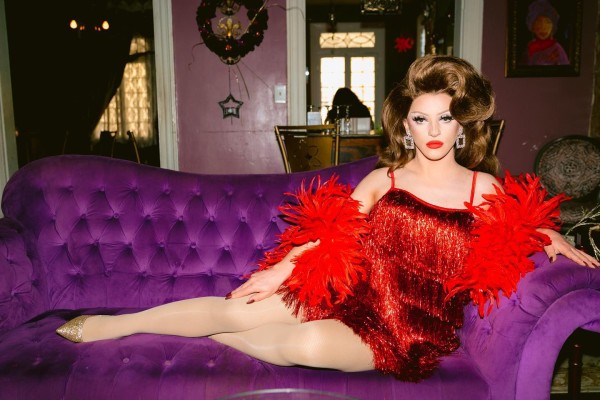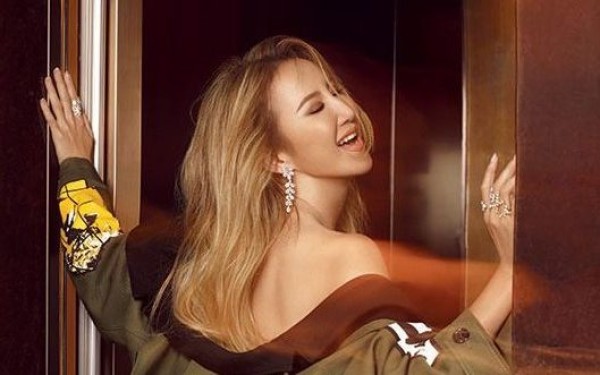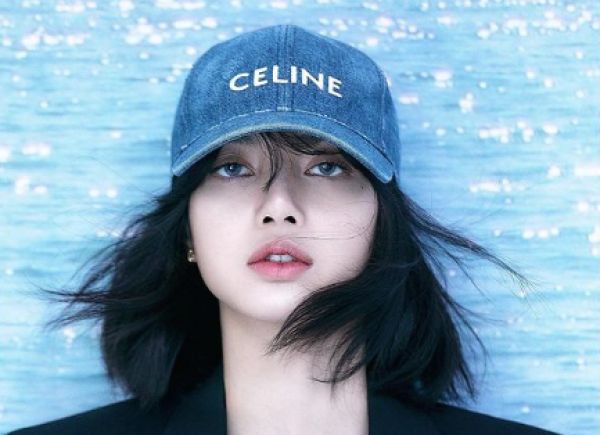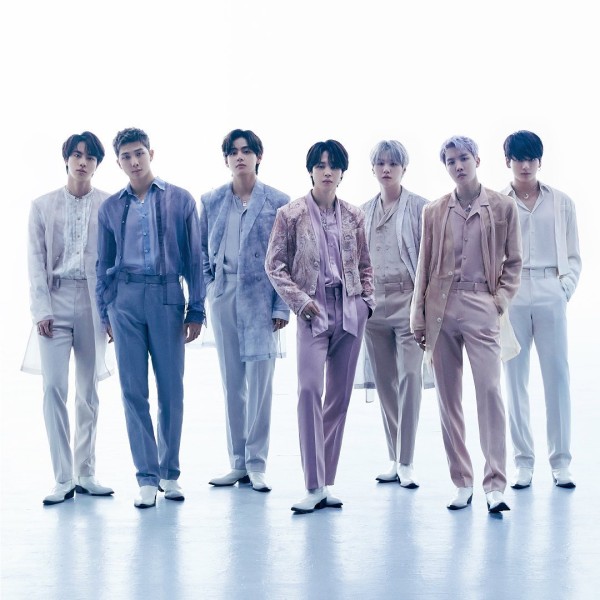Toby Kebbell: 'Kong: Skull Island' Star in Fall's Hottest Menswear
Nov 01, 2016

Toby Kebbell has been the supporting star in many of Hollywood’s blockbuster action movies, including Warcraft and Dawn of the Planet of the Apes. He has worked with some of the industry’s biggest names, including Liam Neeson, Matthew McConaughey and Andy Serkis. In this interview, he talks about forthcoming roles, working with computer-generated imagery and the acting community.
What film are you shooting in Bulgaria?
At the moment the working title is Category 5, which is named after the highest level of hurricane. With global warming, we’re expecting possibilities of Category 6 and even 7, which are mainly out at sea, but when they come inland they’re very destructive. I’m playing a lead, which is a very nice position to be in. I think studio films are the greatest thing you can do, the best job you can have but sometimes they don’t work out. There are a lot of cooks in the kitchen and things can get lost in translation. It’s nice to be doing an independent feature film. I’m working with Rob Cohen, whom I’ve been trying to work with for several years, so I’m in a very good place, very happy.
Did you have to audition?
I’ve been trying to work with Rob for such a long time, so I was given the role this time but at first it was the role of the brother. Jack Huston, who I’ve just worked with in Ben-Hur, was supposed to play my role, the lead. Jack had conflicting projects, so Rob and I went for dinner and we brainstormed about who could play Jack’s role and, by the end of the dinner, Rob was convinced that I could do it.
I wasn’t so convinced. I went away and read the script again. It’s a very different role. It’s a role I don’t usually attempt to play but he gave it to me. It was, kind of, an audition without learning any lines.
Have there been any injuries on set?
We’re shooting in Bulgaria, and everything is at an incredibly high level, so it has been very safe, no accidents. A lot of human accidents happen when trying to run through 125mph winds, but it all adds to the reality of the film. Rob really is trying not to have this as a CGI film.
CGI has become so accessible and, therefore, slightly cheaper than it used to be, with such high quality. But for certain things, like wind and rain, it still doesn’t work. It could look great if you’re on a boat and you’re out at sea, like in Life of Pi, which was such a phenomenal film. But even then, the actual rain, the water and wind is real. The actor had to go through it. CGI should be a detail enhancer, but we shouldn’t rely on it. For us, it’s all real wind, real rain for 12 hours.

So you’ve done quite a lot of CGI films. When you first did motion capture in Planet of the Apes, were you nervous?
I’m always nervous, with every job. Nerves are important. They help me focus. They help me to stay sharp and stay humble. It’s a lot like doing a theatre performance, except the difference is your body is doing the theatre performance, while your face is doing a very subtle film performance. For film, it’s like having a magnifying glass on your face, so you have to do something very honest and real, but something measured in another way. When I was playing Koba, he was an ape, so I needed a lot of performance. But I’m also trying to bring the humanity out of the animal. It’s the same with Durotan. People who play Warcraft, they realise the Orcs are beings of intelligence, so when you’re playing that character, you’re trying to bring the fear and the happiness out in a subtle manner.
Were you a fan of the World of Warcraft franchise before you starred in the movie?
No, not at all. I’m not a PC gamer. I’m looked down upon; I like my console games. Whenever I hang around my brothers, who are all PC gamers, I get spat at: “How dare you?” I like a controller in my hand.
So many of your films have been epic, action movies, but A Monster Calls is such a tear-jerker. What attracted you to the film?
Juan Antonio Bayona attracted me. Felicity Jones attracted me. I’d been trying to work with Felicity for two projects, but neither came together. When A Monster Calls came about, I’m lucky enough to have an agent who’s close to her agent, and we spoke about this job. I got the role of the father, which is odd for me. I’ve just turned 34 years old, and I was already the father of a 12-year-old. Wow. It’s the strangest place to be. I’ve worked with Liam [Neeson] in the past and heard he was involved. Sigourney Weaver, whom I’ve never worked with, I’m an enormous fan of. But, truly, in the end it was the young man who played Conor, Lewis MacDougall, whom I spent most of my time with, and I had a great time working with him. He’s a very talented young man, with a very humble head on his shoulders. He’s interested and he’s interesting. We had a couple of very nice scenes at the fairground at Blackpool and in the house tidying up some things. It was a nice experience for me. It was the first time I was the older actor on set, so it was interesting to be considered partially a teacher, to spend some time with a very talented young man. The script was so good. I was lucky to get the role.

Was it nice to work with Felicity Jones in the end?
Very nice. We tried again for Star Wars but another, better actor beat me to the job.
Another highly anticipated film is coming out on Christmas Day, Gold, in which you appear with Matthew McConaughey. What is it like to work with him?
All of my scenes were with Matthew. I play an FBI agent who’s investigating the crime that the film is about in the end. I spent five days with Matthew out in Albuquerque, New Mexico, interrogating him. He’s fantastic. He’s in the role the whole time, in a nice, subtle way. I admire anyone, anyone who can change their path. He was a romantic comedy star, a heart-throb – still is. But he wanted to be taken more seriously. He wanted to show his real talents, so I have a lot of admiration for him. Having worked with him, I was blown away. And I mean that with no disrespect. Like, I was shocked by it. I mean, I was blown away by his dedication and the abilities he had. It’s a real struggle to keep up with him on screen. He has a powerful screen presence.
Because Matthew McConaughey was in character the whole time during filming, is it weird to see what he’s like in real person after all the filming is done?
Talented people like Matthew, rather than make something up completely out of the blue, find the elements of that character within themselves. Someone who’s cruel isn’t always cruel. Someone who’s an idiot isn’t, generally, always that way. Someone who’s happy-go-lucky and funny isn’t always like that either. These characters exist within. Rather than pretending to be that person and forcing you into their reality, he found that element in himself and exercised it in a way so it’s become the strongest muscle. So even when he’s getting his salad, he’s doing it in the manner of Kenny. You see what I mean? Rather than trying to be Kenny all the time, Matthew exercised the elements inside him that made Kenny a real, three-dimensional person. If I had asked Matthew about his personal life between takes, he would still be Matthew.

Did you have similar experiences with any of your characters?
For example, playing Koba, it was hard against Andy Serkis, who’s such a genuine, decent and kind human being. It was hard to be so cold-blooded towards him. We had a conversation where he started talking to me and I realised, even though I was intrigued by his story, that I had an element of Koba on the surface that seemed dismissive of his information. I was like, “I’m so sorry”. He said, “No, no, I get it. I completely understand”. I was lucky to be around talented people who understand the efforts you’ve gone through to try and make your thing live and breathe.
You’ve played so many bad guys in your previous movies. Is this a kind of role you’re particularly drawn to?
These characters intrigue me. They’re the most interesting. I was not born as a person who wants to be around violence or darkness, but they intrigue me as to how and why they became that way. That’s what led me to it,apart from the natural skill of being able to tell a lie convincingly. They’re the most cathartic in a sense. Also, I wish I could tell you I chose these roles more than I just said, but the truth is I’m an actor trying to get a job and what was being offered to me with my aggressive face are these jobs.
If you had the choice, what is the kind of character you’d love to play the most?
Everyone likes to play a villain. But to play a nice person, someone who makes others laugh, is my favourite. Comedy is by far, for me, the most difficult skill in the acting world. I mean, I’ve not won any Oscars with my dramatic performances, but comedy somehow has to be more real. The funniest performances are almost painfully real. This is what makes you laugh. Comedy, certainly for me, is a big challenge, but that’s definitely my favourite. Making people laugh is by far my favourite thing to do.

There have been quite a few remakes of King Kong. What do you think makes Kong: Skull Island different?
This one has two elements. They had a very clever way of getting the humans to Skull Island, this forgotten prehistoric island discovered after the Vietnam War. Furthermore, for me personally, I got to learn to fly a helicopter in Hawaii. This was a no-brainer. Story-wise, it actually goes back to the origins of King Kong. He’s less so a giant ape and more a hybrid. He stands upright like a man. I have a brother, Dom, who’s just a big human being. He’s six foot four and a half. And I’ve always noticed, with my brother, he tries to do something delicate and something breaks because of his general size.
Everyone’s having fun jumping around something and he comes down and jumps around and the thing collapses. He’s not overweight, but he’s big. There’s always something quite tender about that and I think that’s what they’re bringing back. It exists throughout all the movies of King Kong, but not so sentimentally, where just his sheer size creates these issues. It was fun to do King Kong. Fingers crossed, it’s a good performance.
You have three older brothers and a younger sister. Are you the only actor in the family?
I am, yeah. I’m the youngest of the boys and there’s something about that position with the brothers; I admire them so much and I want their attention. It’s also part of acting, this craving to be watched and congratulated on the ability to tell a good story. It was very hard. If your story lacked in any way, and I mean in the smallest detail, you’ve lost the attention of your brothers. When you’re four or five, it’s mortifying. You can’t bear the idea of not being entertaining to your brothers, your idols. I was lucky to have the family I’ve had.

So was it attention-seeking that drew you to becoming an actor?
It made sense once I started acting. I realised that rather than having to get my brothers’ attention, let me become an actor. If it was that easy, everybody would have been actors, I think. It was more an afterthought. I was just desperate to give my brothers an entertaining moment, even if I had their attention for exactly 30 seconds. I was blessed with my sister. She’d listen to any old rubbish I said and give me the feeling I was the greatest person on earth. I was lucky I had both ends.
You have worked with so many great actors and directors over the years. Did you ever ask them for advice? Have you ever given advice?
I honestly never did. I’m not a big, active advice-seeker. I sit and listen. I watch. And, if someone asks me, I have a self-deprecating element to my character. I don’t think they’re stupid for asking. But I think, “You’re not going to want to hear what I have to say because it’s rubbish; I’ve got nothing to impart”. I can talk to you, but I don’t like to give advice unless it’s asked for, except with girlfriends, because this is the terrible way of being a boyfriend. When your girlfriend starts telling you things, really, you should just listen. But instead I end up saying, “Well, you should do this; you should do that”. But when it comes to somebody I don’t know and it seems very important to them, I say, “You don’t want my advice; my advice is terrible; just keep watching and listening and you’ll figure it out”.
But girlfriends are different.
Girls just have this magical skill of making you think you want their advice but you never actually said, “What’s your advice? What should I do?” They’re just talking, telling you things, and you’ve got to learn to be an active listener. You’ve got to learn to nod your head and say, “Oh, I don’t know how you dealt with that”. But me, I’m an idiot. I try to offer them advice all the time when they don’t want it.

Photography / Philippe McClelland
Creative Direction and Styling / Paris Libby
Grooming / Chantal Moore
Location / Blue Cloud Ranch, Los Angeles


